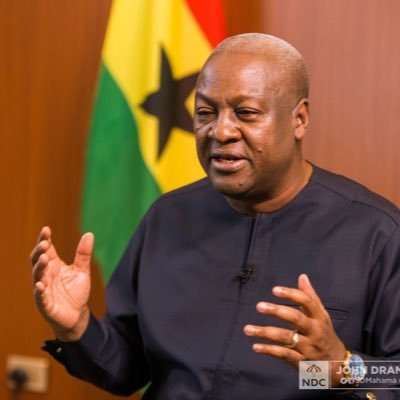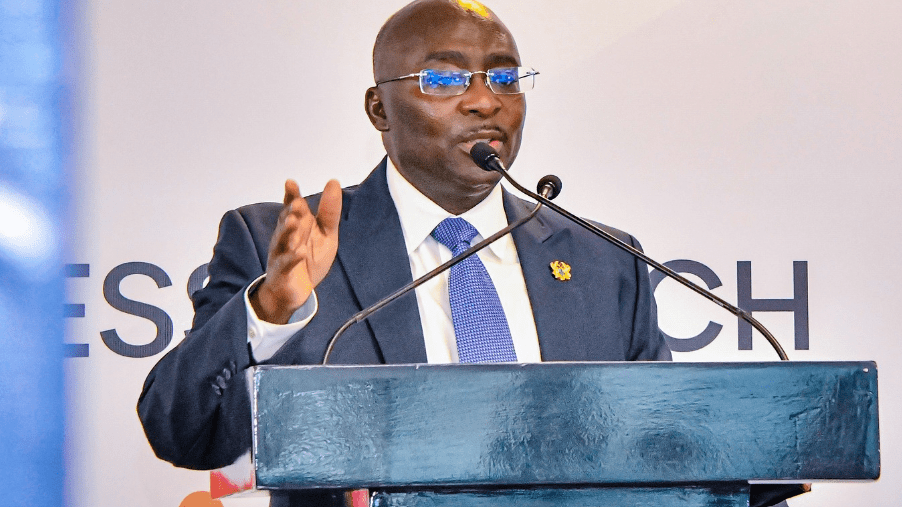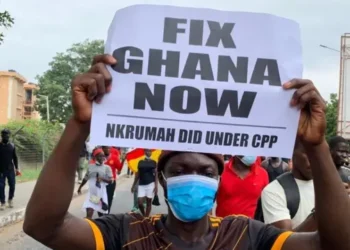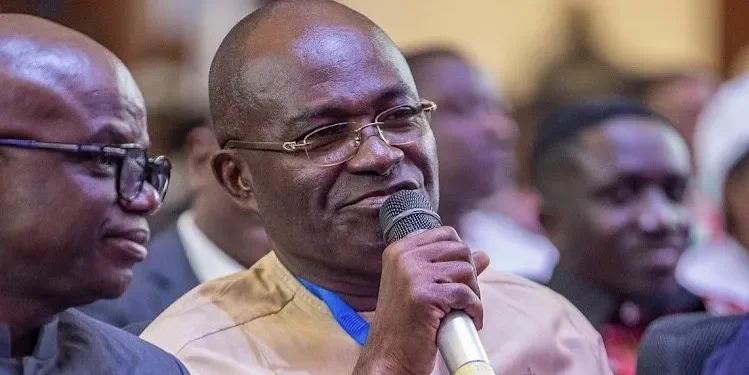As Ghana approaches the December 2024 elections, digitalization has become a central theme in the presidential campaigns, with candidates emphasizing the role of technology in transforming the nation’s governance, economy, and public services.
Both major political parties, the NPP and the NDC have recognized the potential of digital solutions to address key national challenges, with Vice President Dr. Mahamudu Bawumia making it a cornerstone of his campaign.
The increased focus on digitalization signals a shift in political discourse, reflecting the growing recognition of technology’s critical role in Ghana’s development
Accordingly, Dr. Mahamudu Bawumia, the NPP flagbearer, has reiterated his commitment to addressing Ghana’s youth unemployment crisis, pledging to create one million jobs if elected president.
Central to the Vice President’s plan is the growing digital economy, which he outlined as a critical driver in tackling the country’s unemployment challenge by creating new opportunities in technology, innovation, and entrepreneurship.
“All the youth, we need jobs. I am going to give one million youths digital skills in Ghana. Even if you are a school dropout, we can give you digital skills.
“You will stay in Kpando and work in America, Germany, Japan, the UK, and the US. Work right from here with your digital skills.”
Dr. Mahamudu Bawumia
Bawumia’s strategy focuses on equipping Ghana’s youth with essential digital skills, enabling them to thrive in the global economy regardless of their educational backgrounds.

He emphasized that addressing youth unemployment remains his top priority, noting that empowering young people with the tools and knowledge to access opportunities in the digital age is crucial for the country’s development.
Bawumia revealed his plan to implement large-scale digital literacy programs, ensuring that young Ghanaians are not only tech-savvy but also capable of competing in sectors like fintech, e-commerce, software development, and data analytics.
In his view, the digital economy offers a pathway to reduce unemployment by creating jobs and promoting entrepreneurship.
NDC Highlights Mahama’s Digital Infrastructure Success
Meanwhile, the opposition NDC emphasized that one key reason to vote for John Dramani Mahama is his unmatched track record in delivering digital infrastructure and technology-driven solutions across Ghana.
Dr. Edward Omane Boamah, the Director of Elections and IT for the NDC highlighted Mahama’s proven ability to create well-paying jobs through investments in digital initiatives.
He emphasized that Mahama is the candidate best positioned to advance the nation’s technological development and drive economic growth.

“His [Mahama’s] promise made in 2020 to create decent jobs for the youth through the One Million Coders Program which is being repeated in 2024 can best be delivered by John Mahama himself.
“Former President John Dramani Mahama’s understanding of a digital economy is outstanding and puts him far ahead of his closest competitor in the 2020 Presidential elections”.
Dr. Edward Omane Boamah
According to the NDC, John Mahama’s commitment to digital transformation was demonstrated by his administration’s successful implementation of a range of ICT programs and projects, many of which continue to benefit the country even after his time in office.
These initiatives, the NDC argued, have contributed to accelerating Ghana’s development by modernizing sectors such as education, healthcare, and governance through the use of technology.
Dr. Omane Boamah further highlighted that Mahama’s forward-thinking approach laid the groundwork for the digitalization of public services and private sector operations, enhancing efficiency and transparency.
Boamah stressed that Mahama strongly believes in the power of ICT to drive national progress.
By integrating digital technologies, Mahama aimed to not only improve economic competitiveness on the global stage but also elevate the quality of life for all Ghanaians.
Mahama’s vision, he indicated, centers on two key pillars essential to a thriving digital economy: the development of robust ICT infrastructure and the effective deployment of digital applications in various sectors.
These components, Boamah argued, are critical for creating a modern, innovative Ghana that can keep pace with global technological advancements.
As Ghana continues its journey towards becoming a digital economy, the choices made in the upcoming election will have far-reaching implications for the nation’s development.
Political leaders must prioritize investments in digital infrastructure, promote policies that foster innovation, and ensure that all Ghanaians can benefit from the opportunities digitalization offers.
READ ALSO: Trump Meets With Latino Leaders In Florida





















